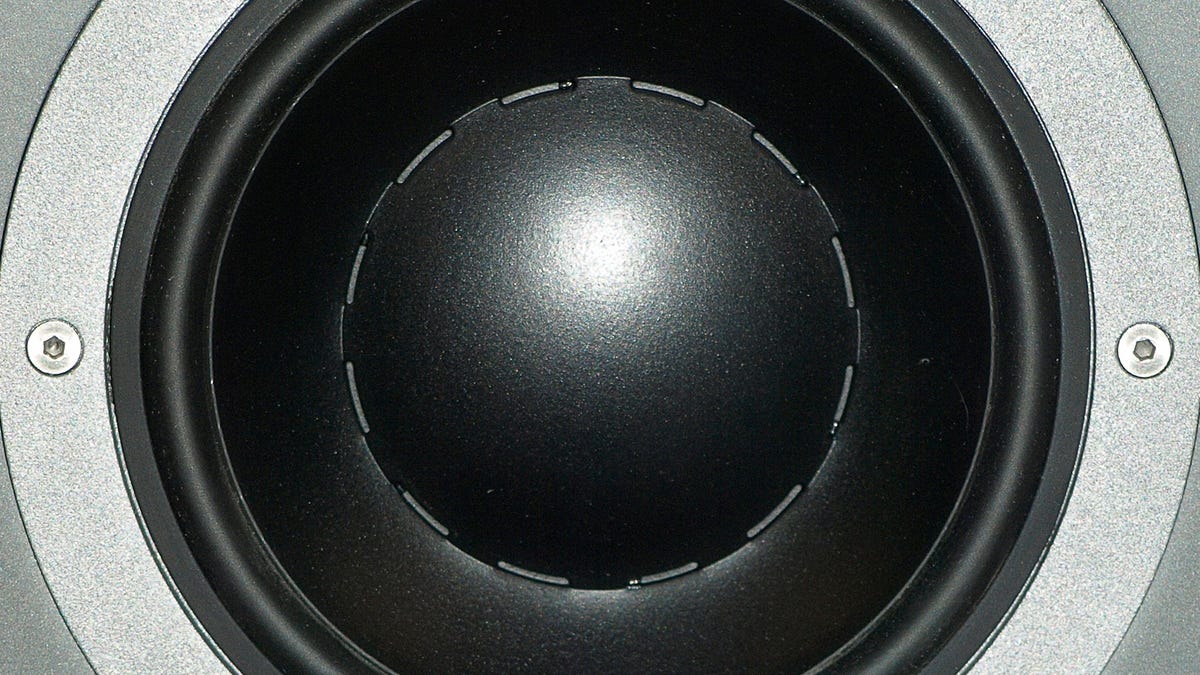How much bass is too much for your headphones and speakers?
It's an audiophile conundrum when bassy speakers and headphones cross the line and make too much bass.

I've seen it happen many times. A big speaker puts out a lot of bass and overloads the room. The room is too small for the speaker, and the sound turns thick and boomy as a result.
It happened to me years ago when I moved from one apartment with a large living room and a suspended, creaky wooden floor to slightly smaller apartment with a wood over concrete floor and cinderblock walls. The bass in the first apartment was deep and clear, but in the second, with the same exact speakers, the bass turned to mud. It was thick, bloated and overdone. The speaker room "interface" was the culprit, and the room's acoustics played havoc with the sound.
Moving the speakers to different parts of a room and further away from corners usually makes a big difference. Moving speakers away from walls also reduces bass, with closer placement boosting it, so experiment with placement if you're dissatisfied with your sound. That's true for all types of speakers, as even tiny Bluetooth units may benefit from a little trial and error experimentation. Just play music with a lot of bass on repeat and move the speaker from one place to the next, listening to how the bass and overall sound changes in different parts of the room.
Now, back to my speakers in that old apartment. For years I experimented with different placements, and wound up with them one third of the room's lengthwise dimension, and that helped. But when I sold those big tower speakers and bought a set of smaller book shelf speakers that produced a lot less bass, only then was I happy with the bass balance in that room.
When I worked as a high-end audio salesman, we were selling a lot of Vandersteen 2C speakers (now called the 2Ce Signature). The store eventually moved and we designed a new room to demo the speakers -- once the new store opened, we were horrified by the sound made by the Vandersteens. The bass was too thick and ill-defined, and we were concerned our Vandersteen sales would dry up (thankfully, they didn't).
I find overly bassy portable headphones can sound "flat" when listened to in noisy environments, like trains, planes, buses, cars, and on city streets. That's because those places almost always have a lot of low frequency background noise, and the headphones' bassy balance no longer sounds overdone. Listening to another headphone that sounds accurate and nicely balanced in a quiet room at home will probably sound bass shy on the subway, bus, or plane.
So what have I learned over the years? Our requirements for bass are fluid and vary with location. Then again, the hunger for bass varies with personal preference, and the type of music in play. Share your thoughts about bass in the comments section.

